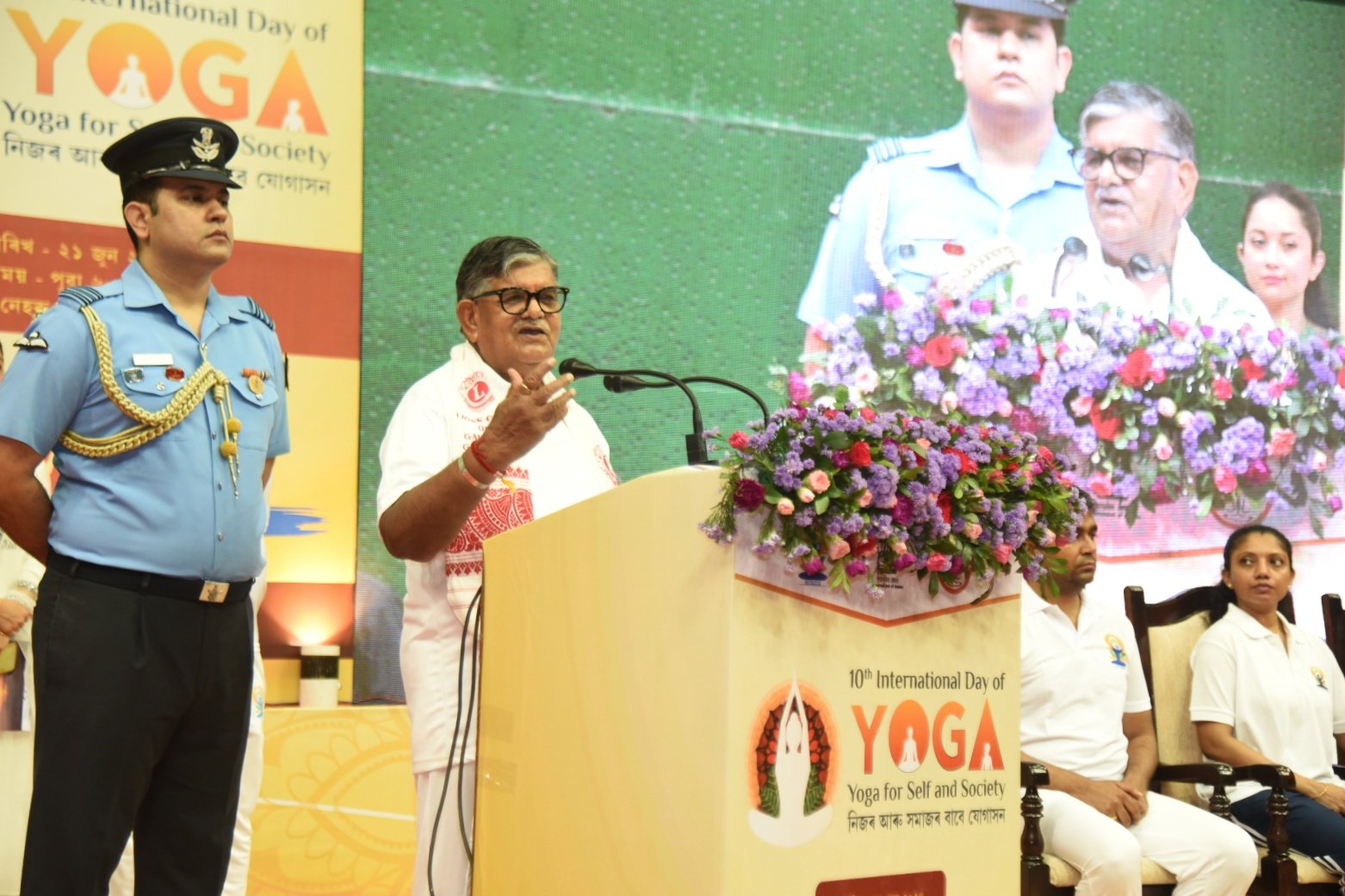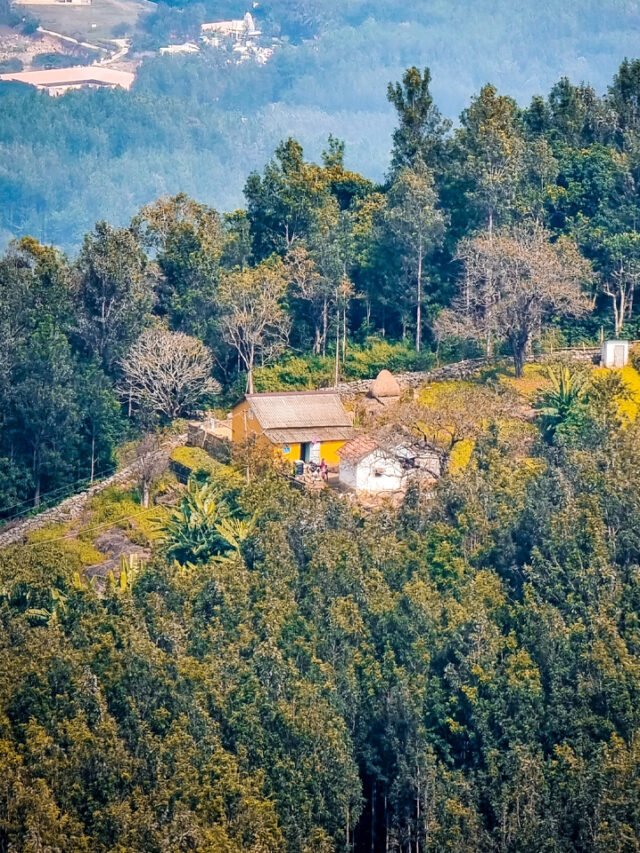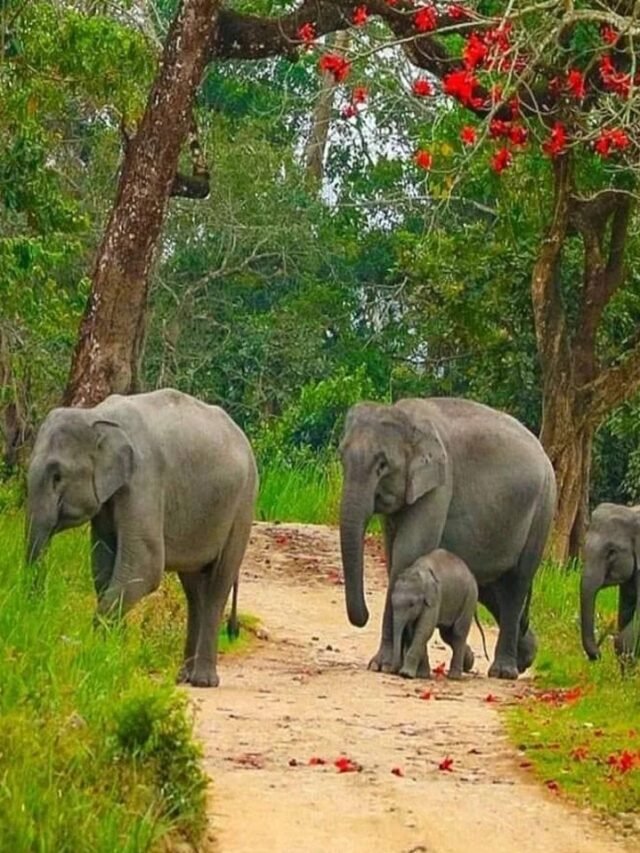HT Bureau
GUWAHATI, Aug 23: Scientists from Assam Agricultural University (AAU), Jorhat, and AAU-Zonal Research Station (ZRS), Diphu, conducted a training program on ‘Enhancing Livelihood Through Soybean Cultivation Among Tribal Farmers of Assam’ at Tarabasa Seed Farm, Bokolia, Karbi Anglong. The program was organised by AICRP on Soybean, department of Plant Breeding and Genetics, AAU, in collaboration with AAU-ZRS, Diphu.
The event was graced by the presence of Madhuram Lekthe, executive member of KAAC Diphu, responsible for Fisheries, Handloom, Textile, and Adult Education. He addressed the gathering and encouraged the farming community to adopt scientific cultivation practices for better income generation and improved economic status. He emphasised increasing cropping intensity, noting that large areas in Karbi Anglong district remain fallow.
Dr K D Singha, chief scientist at AAU-ZRS Diphu, highlighted the potential of soybean cultivation in hill zones and its value addition. Dr I A Sheikh, principal scientist, department of Plant Breeding & Genetics, provided a detailed explanation of scientific soybean cultivation practices. He also introduced four suitable soybean varieties for Assam conditions: MACS-1407, JS 20-116, KDS-753, and DSB-32.
Dr Munmi Borah, scientist in the department of Plant Pathology, explained the process of preparing various value-added soybean products, such as soymilk, tofu, soy flour, Tinto Menthu (Karbi), and bird feed, along with plant disease management practices. Dr Manha Bathari, scientist at AAU-ZRS Diphu, provided insights into pest problems and their management in soybean cultivation. Krishna Bharadwaj, scientist at AAU-ZRS Diphu, discussed scientific agronomical practices for soybean.
The program concluded with the distribution of certificates to all participants and the distribution of sprayers and equipment for preparing soybean value-added products to the Siro Seuj Self Help Group and Jakve Farmer Producer Organisation.












